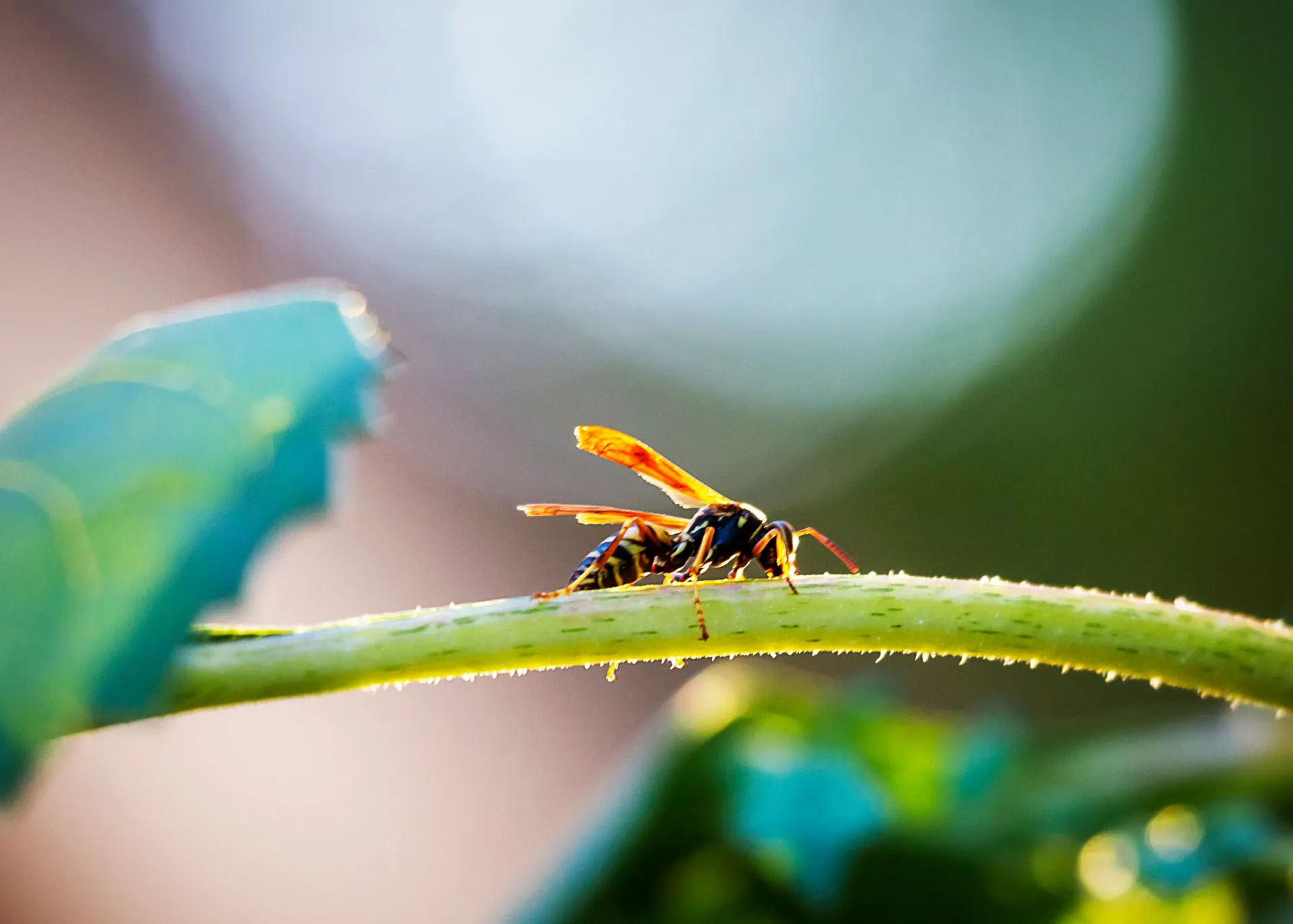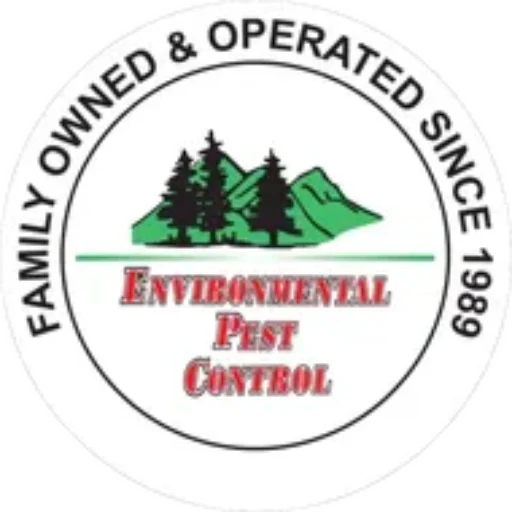The Buzz About Yellowjackets | Environmental Pest Control

The buzz about yellowjackets in Bellingham and Whatcom County
Yellowjackets are often associated with picnics and outdoor gatherings and have a reputation for aggressive behavior and painful stings.
Yellowjackets are social wasps that belong to the genus Vespula or Dolichovespula. They are distinguishable by their black and yellow markings and slender bodies. These insects are often mistaken for bees, but unlike bees, yellowjackets lack the characteristic hairy bodies and are more streamlined in appearance.
Yellowjackets live in colonies that can reach several thousand individuals. Their colonies consist of three primary castes: workers, males (drones), and a queen. In the spring, the queen establishes a nest, typically in underground burrows, tree cavities, or man-made structures. As summer progresses, worker yellowjackets undertake various tasks, such as foraging for food and building the nest.
While yellowjackets are generally beneficial pollinators and scavengers, they can become aggressive when they feel threatened. This is most notable during late summer and early fall when their food sources become scarcer, and the colony population reaches its peak.
Yellowjackets prey on other insects. This helps control populations of pests like caterpillars, flies, and other small arthropods.
There are steps you can take to reduce interactions with Yellowjackets:
a) Secure food and garbage: Yellowjackets are attracted to sweet foods and can become bothersome during picnics or outdoor meals. Keep food covered and dispose of garbage in sealed containers.
b) Give them space, and they will likely move on without causing harm.
c) Seek professional help if necessary: If yellowjackets establish a nest in a location that poses a risk, such as near your home or in a heavily frequented area, it’s advisable to contact a professional pest control service like Environmental Pest Control. They can safely remove the nest and ensure the well-being of both your family and pets.
